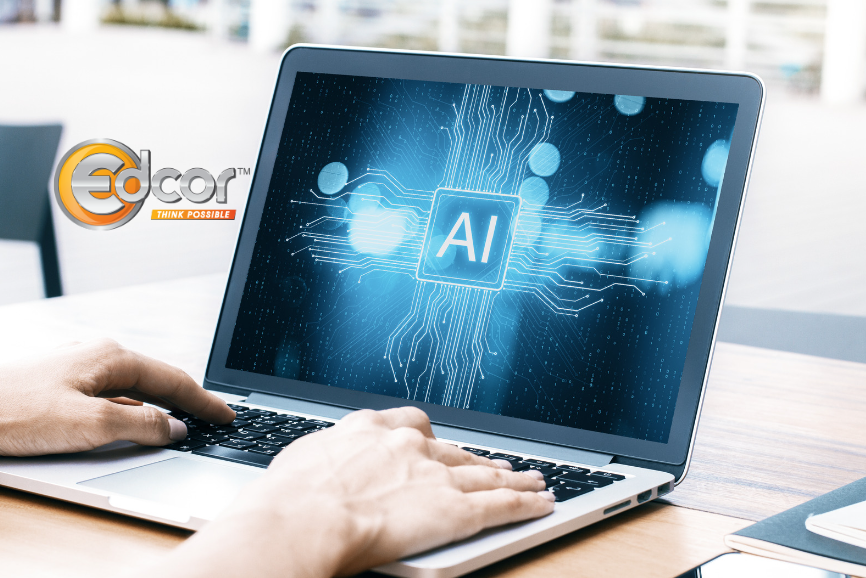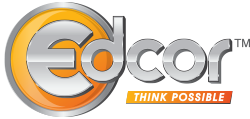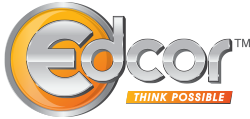
The year 2023 saw businesses across the globe getting on with the learning curve for Artificial Intelligence (AI) and implementing Generative AI (Gen AI) in more than one business function at the same time expressing reservations about the ethical implications and ROI. The year 2024 has shown increasing promise and the technology has delivered value across business functions as more and more employees adopt Gen AI to produce faster results. Based on their technical capabilities and budgets, the early adopters did this either by building Large Language Models (LLMs) from scratch or by purchasing licenses to access pre-trained LLMs through APIs. The past year has seen AI being embraced and integrated into the DNA of how these organizations work – be it Google’s Bard, Amazon Bedrock, Llama 2 from Meta, or McKinsey’s QuantumBlack.
This year has also brought to the fore the key trends driven by advancements in AI, sustainability, and digital transformation. As Gen AI continues to be integrated into business processes to enhance creativity and decision-making, responsible and ethical AI development and deployment and robust governance frameworks gain momentum. The shift toward hybrid work models continues, albeit at a slower pace with organizations redefining their approach to balance flexibility and productivity with support from AI tools that help emphasize employee experience. In tandem, cybersecurity evolves with the adoption of Zero Trust architectures and AI-driven defenses, addressing the growing complexity of cyber threats.
PwC’s Responsible AI (RAI) survey indicated that where some organizations have laid a solid foundation of a set of practices to develop and use AI responsibly, others haven’t caught up yet. Competitive differentiation stands as the leading objective for Responsible AI practices, with 46% of respondents ranking it among their top three goals. Risk management is closely followed, cited by 44%. Additionally, other key objectives include building trust with external stakeholders/customers, and driving or preserving value, both at 39% for practicing RAI.
According to McKinsey’s 2024 Global Survey on AI, 91% of respondents (both users and nonusers) believe that AI has had or will have a positive outcome on their overall work experience aiding them in creativity, communication, critical thinking, and collaboration. However, just 13% of respondents reported that their organizations have adopted active use of AI (early adopters). Subsequently, the next inflection point in AI usage is going to be from experimenting with individual usage to integrating AI organization-wide to capture its strategic value and advantage. Based on their other research, 50% of work tasks today could be automated between 2030 to 2060.
The talent transformation would have to begin at the workforce development stage where HR leaders realize that AI is going to take over ‘tasks’ not ‘roles’ and they need to put the correct enablers in place to enhance the effectiveness of their workforce. According to McKinsey’s research, three steps prepare for Gen AI’s next inflection point:
- reinventing the operating model by translating vision into value, domain by domain;
- reimagining the talent and skilling strategy; and
- reinforcing changes through formal and informal mechanisms that ensure continuous adaptation.
The point is: AI is here to stay and has massive potential for business growth. With this and the emerging concern over the ethical usage and the possibility of this technology, HR needs to rethink its workforce development strategy to harness the true power of Gen AI. HR plays a paramount role in redesigning roles, upskilling employees, and fostering a culture that embraces AI as a tool for innovation and productivity, ensuring a smooth transition into the AI-driven future.
To support HR in their upskilling agenda, Edcor has launched its Critical Pathways programs – many of which target these high-demand skills like Cybersecurity, Data Analytics, Machine Learning, Prompt Engineering, and the like. These programs are offered through Nationally accredited schools and education partners whom we have vetted for content and pedagogical success. These programs can be accessed by cohorts or individuals. Edcor plays a consultative role in helping clients fulfill their workforce planning and development needs through the Edcor School Network.
Think Edcor. Think Possible.

Edcor is a woman-owned business and is the benchmark in education benefits administration. For 40+ years, our customized service and solutions have allowed Fortune 500 Clients to use education benefits programs for employee recruiting, retention, and development. Please feel free to reach out to us!
Spardha Khera, Edcor



